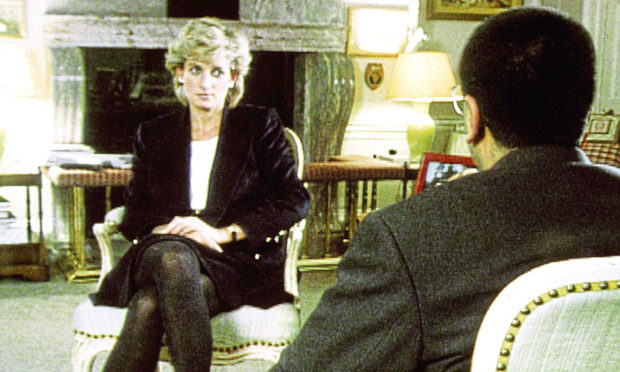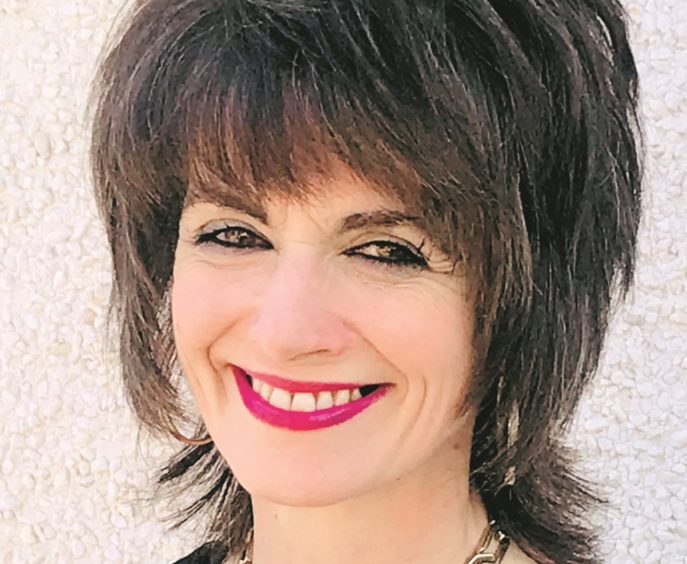One wonders if it was some kind of wry joke that made Martin Bashir choose Guy Fawkes night all those years ago to film the infamous Diana interview.
The metaphor is obvious and unavoidable – the cacophony of exploding rockets, the exhilarating kaleidoscope of neon colour illuminating the London sky in honour of the subversive Fawkes, while at the very heart of the British establishment, the princess sat in Kensington Palace lighting the blue touch paper on her very own stash of explosives. Some display.
Twenty-five years later, there are still a few muffled explosions. A two-part documentary this week posed ethical questions. Were fake documents used to convince Diana that “they” were out to get her? Did Bashir con the princess?
Media ethics is a complex territory but the impervious rock at its centre should be truth. If Bashir lied, cheated, or misled, he was wrong. But what is concerning here is the basic misunderstanding of the journalistic relationship between interviewer and interviewee.
Diana conned? It implies all over again everything that she repudiated in that interview – she was weak, unstable, over-emotional, easily manipulated. How often it is the fate of women to be thus described. Whether you approve or disapprove of the interview, her strength and courage in speaking, her defiance in the face of power and authority, her determination not to be swept aside, was a firework of spectacular hue.
At their heart, interviews are a two-way transaction. One party gets a story, the other publicity. The story may centre on a product – a book or film perhaps – or as in Diana’s case, something more nebulous.
An image makeover. A damage limitation exercise. Or an opportunity to out deceit and speak truth. The idea that this meeting is of pursuer and pursued, that one is strong and the other bullied, cajoled or manipulated into submission is over-simplistic.
Diana’s name – as her brother Earl Spencer pointed out at her funeral – means “the hunter” and she was, indeed, as much hunter as hunted. She and Bashir both had something to gain, and lose. Journalism is not an ethical one-way street but a dual carriageway, with all its inevitable high-speed crashes.
Ethically, I’d choose Bashir over another journalist in this story, Max Hastings, then editor of the Telegraph. Diana visited Hastings at home and told her story. He did not print it. Not because he didn’t believe it, but because it was “his job” to help keep the lid on the problematic royal marriage. His job, then, to conceal truth. His job to prop up royalty and leave those who pay for it in ignorance.
We all know the establishment fits together like pieces of a jigsaw. But is it ethical for the fourth estate to conceal, rather than reveal, truth? Diana, Hastings opined dismissively, was “not very bright”. Brighter than him, I’d say, rejecting the biggest journalistic scoop of the late 20th Century.
She might not have had many O Levels but she had emotional intelligence. If Diana was important for one reason, it was for making it OK to be vulnerable, OK to have Aids or bulimia, OK to be poor or homeless or marginalised – and OK to talk about it. What she wanted for her children, she said, was for them to understand people’s “emotions, insecurities and distress” as well as their hopes and dreams. Diana gave empathy and she deserved it back.
Perhaps the most surprising revelation this week was the account of the Queen’s then press secretary, Charles Anson, who described watching the televised interview and suddenly realising what huge stress Diana had been under.
He watched, he confessed, not in disapproval but thinking, if she were my daughter, what would I feel about her experiences?
That was the Diana effect, getting to the human, beating heart of a story. Was she manipulative? Egocentric? Paranoid? Maybe. Because like us all she had bits inside that were broken, bits that didn’t quite fit, bits that rattled. If only the perfectly composed may sit in the interviewee’s chair, what will we learn about anything?
Diana is said to have later written to the BBC confirming that she had never seen the alleged fake documents. They did not influence her. If that letter can be found, perhaps we can recognise that Diana was a grown-up woman who made a choice. She wasn’t a victim – except, perhaps, of royalty. She was a woman who had a voice and like everyone else she deserved to be heard.
Giving voice in the pursuit of truth is media ethics at its best.

